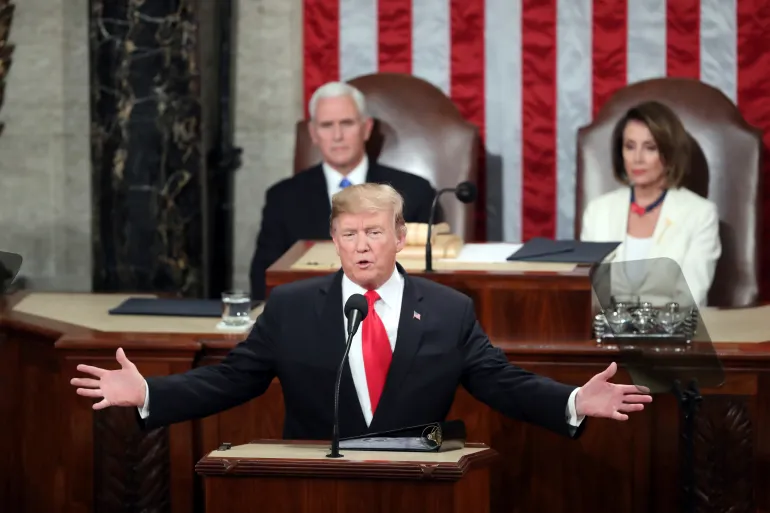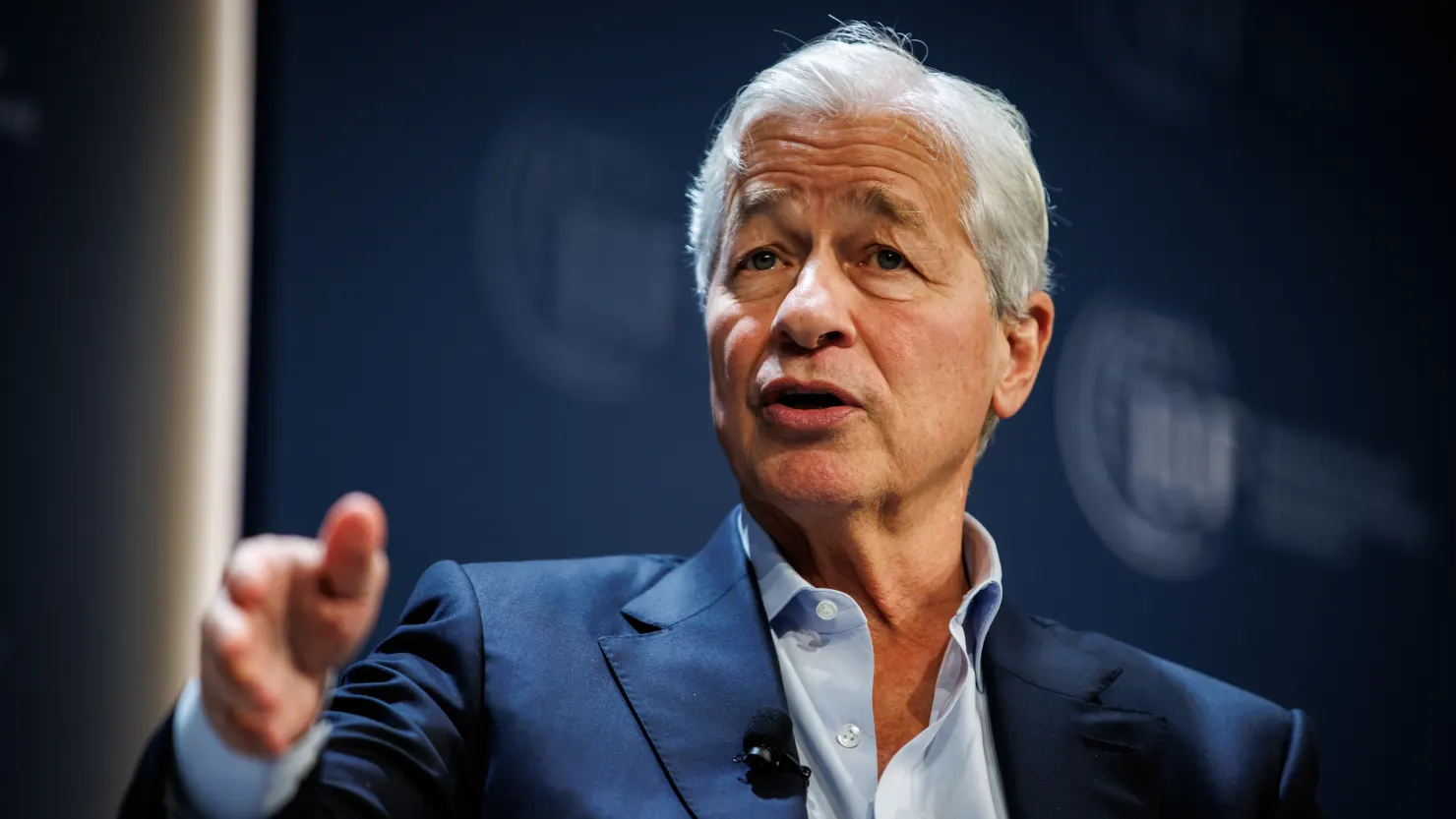US-based trading firm Jane Street has announced plans to contest a recent order by India’s financial regulator banning the company from trading in the Indian market, Reuters reports.
The firm strongly denied allegations of market manipulation, defending its actions as “basic index arbitrage trading,” a widely accepted strategy in financial markets.
India’s Securities and Exchange Board (SEBI) issued the order last Friday, alleging that Jane Street engaged in manipulative practices involving trades on the Bank Nifty index. The regulator froze $567 million of the firm’s assets and prohibited it from buying or selling securities in the country.
According to SEBI, Jane Street purchased large volumes of Bank Nifty components in both cash and futures markets during morning sessions to influence index levels, while simultaneously taking short positions in index options that later expired profitably. SEBI stated that this trading pattern, observed over a two-year period, raised red flags.
In an internal email to staff obtained by Reuters, Jane Street expressed strong disagreement with SEBI’s conclusions, describing the regulator’s accusations as “extremely inflammatory.” The firm added that arbitrage trading is “a core and commonplace mechanism of financial markets” that contributes to price efficiency and liquidity.
Jane Street also rejected SEBI’s assertion that it failed to engage with the regulator. The firm said it held multiple meetings with SEBI and exchange officials and made adjustments to its trading behavior in response to concerns.
“Since February, we have made ongoing efforts to communicate with SEBI and have been consistently rebuffed,” the email stated.
The firm is currently seeking legal representation in India and is expected to appeal the order before the Securities Appellate Tribunal, according to sources familiar with the matter.
The case comes at a time when SEBI has intensified scrutiny of India’s fast-growing derivatives market, which has seen an influx of retail investors and a significant rise in speculative trading. India accounted for around 60% of global equity derivatives trading volume in May, according to data from the Futures Industry Association. However, recent figures show that retail losses in the derivatives segment surged 41% year-on-year, reaching ₹1.06 trillion ($12.4 billion) for the financial year ending in March.
SEBI Chairman Tuhin Kanta Pandey said Monday that while the regulator is strengthening oversight of potential manipulation in the derivatives space, the scale of the Jane Street case is unusual and may not signal a broader trend.
Jane Street is one of several prominent global proprietary trading firms operating in India, alongside players like Citadel Securities, IMC Trading, Millennium, and Optiver. While institutional investors play a visible role in market liquidity, their growing influence has prompted regulatory attention, especially when trading practices are seen as potentially distorting price discovery.
SEBI declined to comment further beyond its official order. Jane Street has not publicly confirmed what specific legal steps it will pursue but maintains that its activities were legitimate and compliant with market norms.










The latest news in your social feeds
Subscribe to our social media platforms to stay tuned